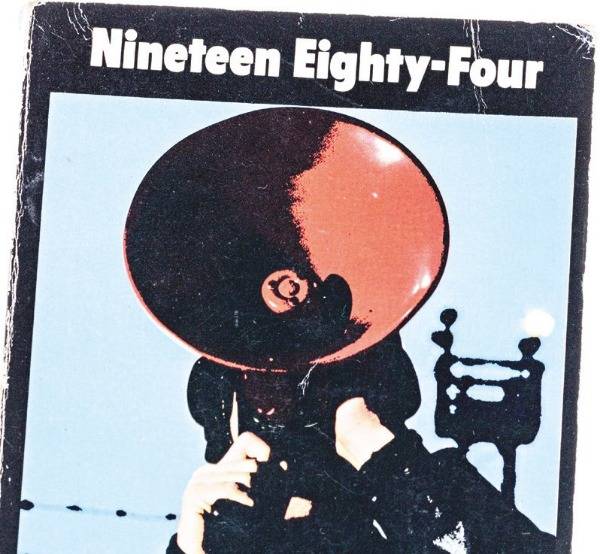This history of the Ottoman Empire provokes thoughts about modern developments, especially in Turkey. The book is concerned with the Ottoman Empire in relation to the outside world and gives us neither a picture of an enlightened past nor an optimistic perspective for the future. In particular the proposal for Turkey to join the EU can only be seen in a pessimistic light, when looked at from this historical outlook. Suraiya Faroqhi is a professor of Ottoman studies at Ludwig Maximilians University in Munich and shows us not only how pragmatic the empire eventually became in its relations with its neighbours, when it could no longer bludgeon them to death, but also how it treated nonMuslim emissaries, traders and pilgrims who lived on its territory for any extended period. Thus while Islamic tradition stipulated that any nonMuslim who bought property or married an Ottoman citizen automatically became subject to the will of the sultan, in practice such regulations were ignored in the later centuries of the empire, for the sultan had to make concessions to the French, for example, to buy favours against the Hapsburgs. As for herself, the author does not make any concessions to the nonspecialist reader and her book is not a convenient chronological narrative. Chapters are given such headings as 'Clients and Dependants', 'Of Prisoners', 'Slaves and the Charity of Strangers', and 'Sources of Information on the Outside World'.
Ms Faroqhi frequently reminds us that she has had to depend too much on the writings of Westerners, for 'respectable Ottomans' did not write on embarrassing happenings, official documents are bland and furthermore, many of those Ottomans who wrote usefully on events were recent converts to Islam who had originated in the Balkans and were therefore Eurocentric. In fact, she tells us, there was very little interest in the east, even though for much of the time the Ottomans were at war with Iran.
This was not always so, of course. For hundreds of years into the empire, the preferred language of the sultans was Persian and their courtly customs and aspirations were shaped by Iranian models. Their only source of identity was Islam, for the sultan was the caliph, the successor to Mohammad, and the only legitimate leader of all Muslims. They did not even call themselves Turks. That was the name you gave the great unwashed in the hinterland of Asiatic Anatolia. But gradually, military and economic weakness set in and the preservation of the fertile Balkans from the covetous eyes of the rising powers of Christian Europe became the only vital consideration. Thus the Ottomans, who had previously been selfcentred and oblivious to the news of others, began to train their ears on the latest gossip from the courts of Moscow, Vienna, Paris and London. Unfortunately for them, they were only really intent on acquiring the useful sciences of Europe, mainly for the purpose of warfare, and not the habits of mind that fuelled the new Europe during the Renaissance and after.
For me, the central message of the book was just how little contact there was between the sultan's Muslim subjects and those of his other peoples, such as the Christians and the Jews, let alone visiting foreigners. Different 'nations' defined by religion only lived in separate regions or ghettoes, and friendship across religions was discouraged. Furthermore, even though borders could be porous due to the absence of modern controls, Europeans visiting the heartland of the empire stood out physically and particularly during the time of tension with the Christian world, which was most of the time they were watched as spies. Now that changes are afoot in modern Turkey, these tensions may not be over.
The Ottoman Empireand the World around it is available from Amazon (UK)

